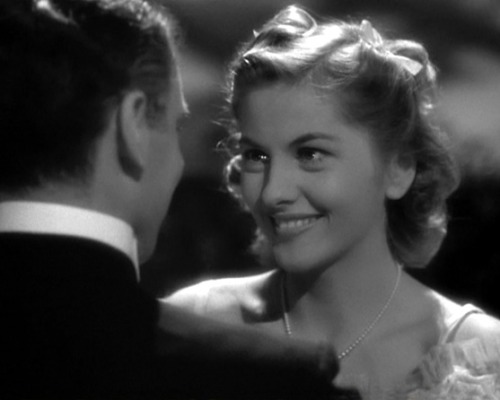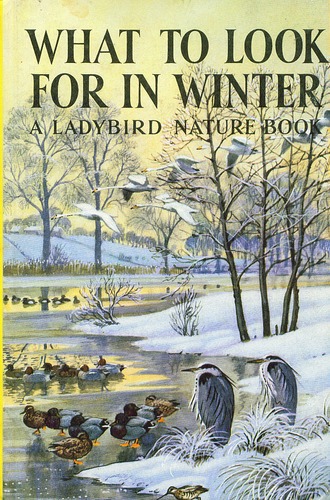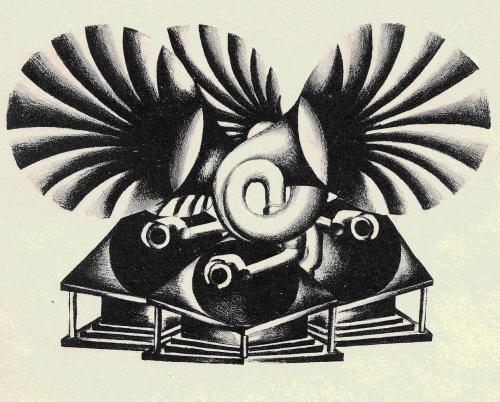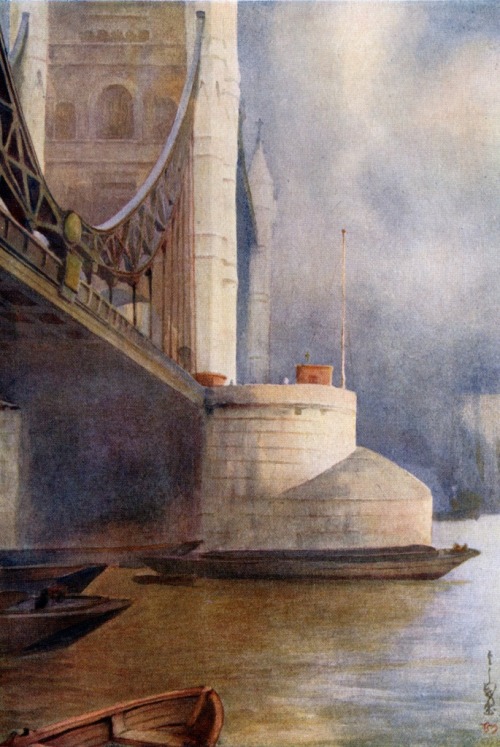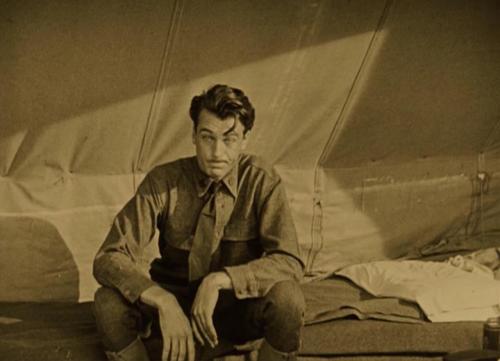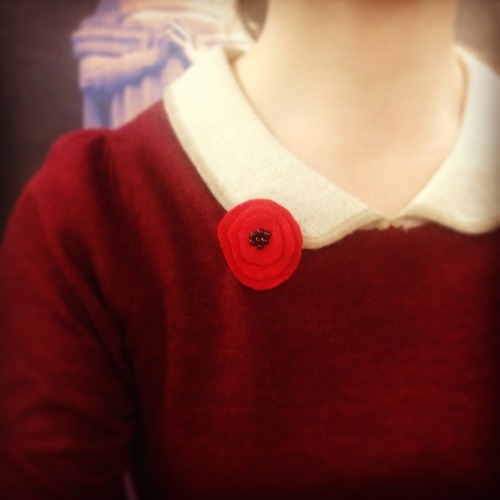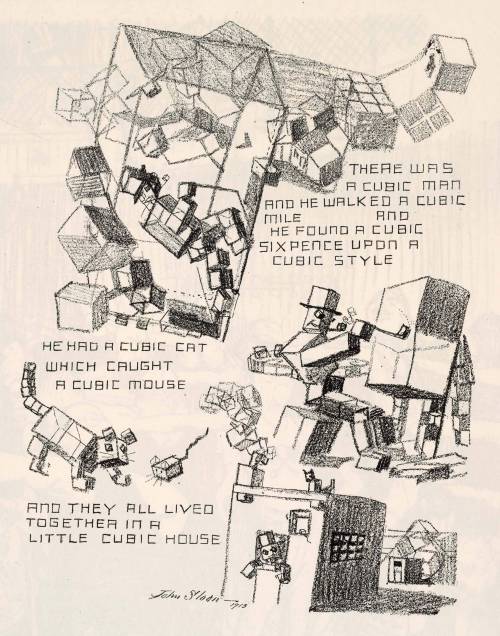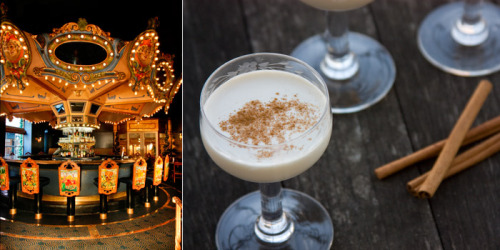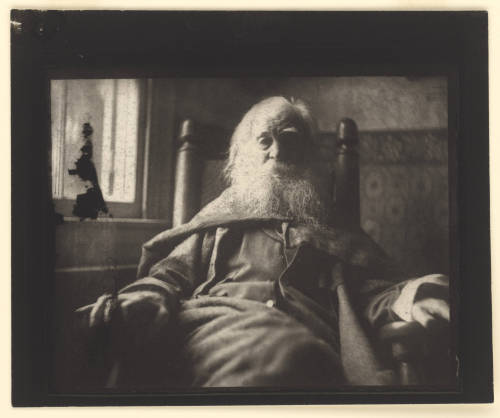Read this article and watch a writer spin connections between Walt Whitman, Dick Whitman (Mad Men), and Walter White (Breaking Bad). I feel stunned for having never noticed these parallels before. Same writer?
#thegogglette
This day is heavy with the loss of Joan Fontaine as well.
“I hope I’ll die on stage at the age of 105, playing Peter Pan.”
Post link
This small book by E. L. Grant-Watson was written to teach you how to see all the incredible and interesting things happening during the most unlikely season of the year. “It will add considerably to the pleasure of a winter walk.”
“The ivy, which flowers in December, gives a rich supply of honey to winter moths and those insects that survive the autumn.”
Post link
Beside me (middle), a 2,300+ year-old Greek lion looms during a visit the Nelson-Atkins Museum of Art with Eden of snowandgunpowder. I think it is obvious which one is which.
On Studio 33’s site, you can work on solving a mystery surrounding this epic statue: http://nelson-atkins.org/studio33/interactives/interactivelion
Post link
500 years ago, Da Vinci invented a ‘‘viola organista’’ but it was never built… until today… thanks to Poland (I love Polish people). Listen to this gorgeous thing in concert for the very first time.
It is a marvel.
Read more about the instruments history and creation by “a Polish concert pianist with a flair for instrument-making.”
Leonardo Da Vinci’s wacky piano is heard for the first time, after 500 years

WHEN my mother said Going Home, she meant yew hedges,
And peacocks on the lawn, and mullioned windows,
And the scent of dried lavender and dried rose-leaves
In china bowls on delicate lacquer tables;
And the butler bringing in the mahogany tea-tray
(Set with massive silver and miniature victuals),
Treading quietly over the bee’s-waxed floor.
–And if you wanted more, you rang for more.
When I said Going Home–that is, in the old days–
I meant the paved street from the nearest bus-stop
To the little house with the pointed iron railings,
The children waving out of the nursery window,
The narrow hall with the letters on the table
(Bills, unpayable–open them tomorrow),
The gas-fire safe behind the brass-edged fender;
And, an hour later, the sound of familiar footsteps
And another latchkey, opening the same front door.
–That was my Going Home before the war.
But now, for a thousand days, for more than a thousand,
It has been a phrase with many different meanings.
It has meant the steep stairs to a New York walk-up;
Another walk-up; then an elevator apartment.
It has meant the passageway to a hotel bedroom,
A hundred hotel bedrooms in a hundred cities,
Always the same–the bed, the stand for luggage,
The desk, the cuspidor and the Gideon Bible;
With different air coming in when you open the window–
Snowy New England air, dry air of Texas,
A cold fog blowing off the Lake in Chicago,
Or the humid breath of the Lower Mississippi.
It has meant the path back to the tourist cabin
(Cabin of wood or stone, of brick or adobe)
After a stroll in the woods or a stroll in the desert
To stretch the legs, and take the cramp from the fingers,
The vibration out of the spine from a long day’s driving.
It has even meant the walk, the slow, uneven,
Lurching walk from the diner back to the Pullman,
Shoving the obstinate doors, both elbows rubbing
Along the walls, through cars with names like music–
Kayenta, Sinyala, Tesuque, Moencopi–
To a berth with a number embossed on its thick dark curtains.
On a three-day journey, Home is Lower Four
–And you hope that the man in the Upper doesn’t snore.
It matters little. It matters very little.
You must leave many things out of a travelling suit-case,
And one of them’s self-pity: it is heavy and useless.
Besides, I own none. Wandering, I have discovered
Much treasure on my way, and none more precious
Than the meaning of Going Home, the real meaning.
One traveller said: “Home’s where I hang my hat.”
Well, there’s some truth, but not all truth, in that.
Add two more letters–then, instead of part,
You’ll get the whole: “Home’s where I hang my heart.”
Home is the inner core, the core of the spirit,
The triple core, where Past and Present and Future
Are braided into one, where things remembered,
And things now here, and things anticipated,
Grow indistinguishable and inseparable.
Here are the stone mullions and the area railings,
The hotel bedroom and the tourist cabin,
And some new, half-imagined post-war dwelling
(With a flat roof, maybe for the helicopter).
Gloucestershire, London, New York, San Francisco
Are here, and all the places in between them,
And all the friends that I have made in a life-time
(Living or dead), and the transient train-acquaintances,
And all the shadowy friends that are still to be met with.
This is a home that’s well-equipped and lasting:
When the peacock-lawns have been sold for death and taxes,
And the bombs fall on the city, or the lease is ended–
Then these invisible walls remain, inviolate.
This inner place is Home: and going there
Is easy as flight of thistledown on the air.
I do not have to walk, or climb a stair,
Or push a bell, or knock,
Or turn a key in a lock.
I need not even draw two curtains apart
To reach this Home, where I have hung my heart–
This core, this inner core,
Which holds the Now, the After, the Before,
–Rest for the restless, peace in the midst of war.
by Jan Struther
In response to Major John McCrae’s poem, In Flanders Field, Moina Bell Michael wrote the following excerpt:
That blood of heroes never dies,
But lends a lustre to the red
Of the flower that blooms above the dead
In Flanders’ Fields.
And now the torch and poppy red
Wear in honour of our dead
Fear not that ye have died for naught
We’ve learned the lesson that ye taught
In Flanders’ Fields.
We didn’t learn the lesson, but Moina began the custom of wearing a red poppy to remember ‘the blood of heroes’.
Starting as an American tradition, it soon became adopted in Great Britain. Anyone in the limelight not wearing a poppy pin has caused a scandal (even recently in the news).
Read more about the history and dos and don'ts of poppy etiquette HERE.
Post link
The Hotel Monteleone’s Solemn John Cocktail
It’s a creamy, whiskey-laced fall libation with a bit of pear liqueur and a touch of cinnamon. It works great with bourbon, or try it with rye for a little extra bite.
1 ¼ oz. Bulleit Bourbon
1 oz. Mathilde Pear Liqueur
¼ oz. simple syrup
3–4 oz. half and half
Dash of cinnamon
Place all liquid ingredients in a Boston shaker with ice, and shake until well chilled and blended. Strain into a chilled martini glass, and serve with a dusting of cinnamon.
Gorgeous!
Photos by Hotel Monteleone and Margaret Houston
Post link

